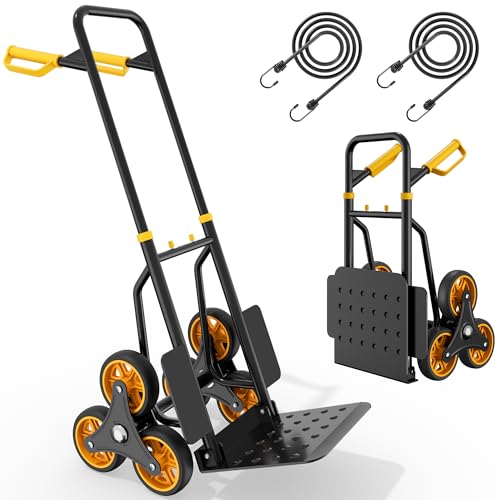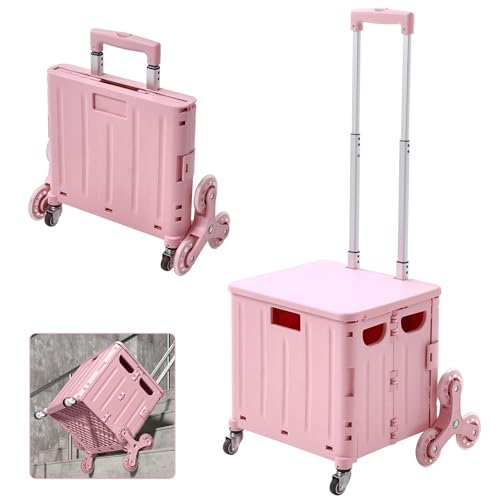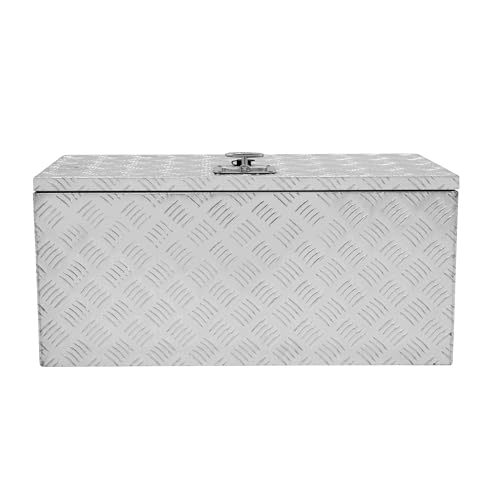Understanding the Basics of Flour Mills: What You Need to Know
What is a Flour Mill?
A flour mill is a machine that grinds grains into flour. This essential kitchen tool has been used for centuries, often seen in traditional setups where farmers would convert their harvest into something more usable in their daily cooking and baking. Today, we can find a variety of flour mills that cater to both home bakers and professional chefs alike.
How Does a Flour Mill Work?
The basic mechanics of a flour mill involve grinding and crushing grains into finer particles. There are typically two major components: the grinding mechanism (often made from stone or steel) and a container to hold the grain. When the mill is activated, grains are fed into the grinding area where they’re turned into flour. The fineness of the flour can often be adjusted based on personal preference, which provides flexibility for different baking needs.
Why Consider Having a Flour Mill at Home?
Having a flour mill at home allows us to grind our own flour, providing fresher and often more flavourful options for our baking and cooking. Additionally, milling grains ourselves enables us to select the specific grains we want, whether it’s wheat, rye, or alternative grains like spelt or barley. Freshly milled flour also retains more nutrients compared to commercially processed flour.
Types of Flour Mills: Choosing the Right One for Your Needs
Manual Flour Mills: The Traditional Choice
If we’re looking for a traditional experience, a manual flour mill may be the way to go. These mills require physical effort to operate but are generally more affordable and can be quite satisfying to use. They often produce flour with a more distinct texture and flavour, making them a favourite for those who appreciate hands-on processes.
Electric Flour Mills: For Convenience and Speed
For those who prefer a more modern approach, electric flour mills are the go-to option. These machines can produce flour quickly and with minimal effort, perfect for busy bakers. They usually come with features that allow us to adjust the fineness of the flour, making them versatile for different recipes. While they may require a higher initial investment, the convenience they offer is considerable.
Stone vs. Steel Mills: Navigating Material Choices
When choosing a flour mill, we often come across stone and steel grinding mechanisms. Stone mills retain more of the grain’s original nutrients and can produce a coarser flour. In contrast, steel mills can grind grains into finer flour more quickly. Depending on our preferences for texture and nutritional retention, we can opt for one over the other.
Key Features to Consider When Buying a Flour Mill
Grinding Capacity: Matching It to Your Needs
Before making our purchase, it’s important to consider the grinding capacity of the flour mill. This determines how much flour we can produce in one go. If we generally bake in small batches, a compact model may suffice. However, for larger households or frequent baking sessions, selecting a mill with a higher capacity will save time and effort.
Ease of Use and Cleaning: Essential Practicality
We should also pay attention to how easy the flour mill is to operate and clean. Most good-quality mills will have simple instructions and can be disassembled easily for cleaning. A removable grinding chamber or a design that prevents flour build-up can significantly enhance our experience.
Durability and Warranty: Looking for Longevity
Investing in a flour mill means we want it to last. Checking the materials used in the construction can provide insight into its longevity. Plus, a warranty is a good indicator of the manufacturer’s confidence in the product, giving us peace of mind in case any issues arise.
Top Flour Mill Brands: Our Recommendations
Exploring Reliable Brands
When it comes to flour mills, several brands stand out for their quality and performance. Brands like NutriMill and WonderMill are widely appreciated for their electric models, praised for user-friendliness and efficiency. Meanwhile, manually operated models from brands like Country Living are known for their durability and traditional craftsmanship. It’s advisable to research specific models within these brands to find one that meets our individual needs.
Customer Reviews: A Treasure Trove of Insights
Reading customer reviews can be incredibly beneficial when selecting a flour mill. They provide real-world insights into how the flour mill performs over time, including any quirks or standout features. We should seek out reviews focusing on aspects such as ease of use, cleaning, and flour quality to guide our decision.
Maximising Your Flour Mill: Tips for Usage and Maintenance
Getting the Most Out of Your Mill
To truly maximise the potential of our flour mill, we should experiment with different grains. Each grain type produces flour with unique flavours and properties, enhancing our baking versatility. It’s also wise to adjust the settings based on our desired flour texture as we try various recipes.
Regular Maintenance for Longevity
Proper maintenance can keep our flour mill functioning optimally for many years. Cleaning it after each use prevents flour residue build-up, which can affect performance and result in off-flavours. Regularly checking for any wear and tear can help us identify issues before they become major problems, ensuring that our investment serves us well.





















